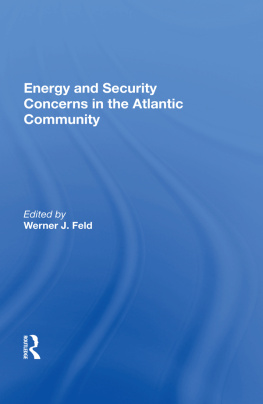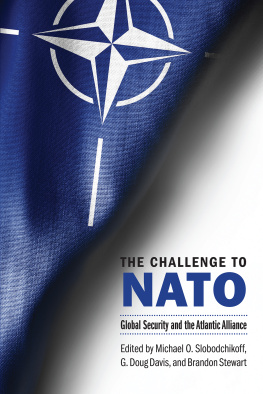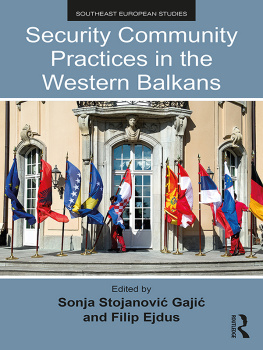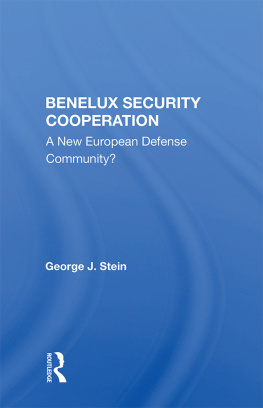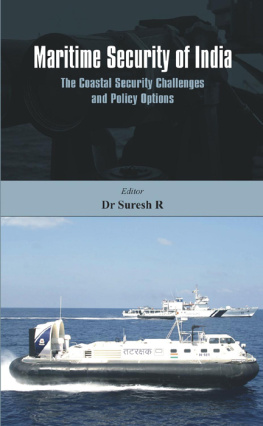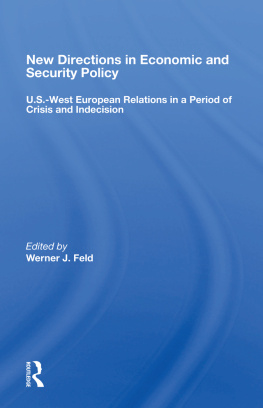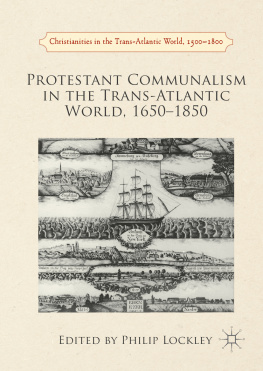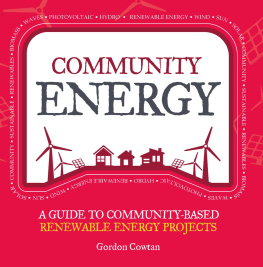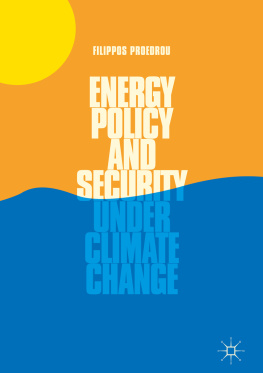First published 1985 by Westview Press
Published 2018 by Routledge
52 Vanderbilt Avenue, New York, NY 10017
2 Park Square, Milton Park, Abingdon, Oxon OX14 4RN
Routledge is an imprint of the Taylor & Francis Group, an informa business
Copyright 1985 by The Institute for the Comparative Study for Public Policy
All rights reserved. No part of this book may be reprinted or reproduced or utilised in any form or by any electronic, mechanical, or other means, now known or hereafter invented, including photocopying and recording, or in any information storage or retrieval system, without permission in writing from the publishers.
Notice:
Product or corporate names may be trademarks or registered trademarks, and are used only for identification and explanation without intent to infringe.
ISBN: 0-8133-0205-6
ISBN 13: 978-0-367-00613-6 (hbk)
Contents
- Gordon H. Mueller and Werner J. Feld
- Anton Pelinka
- Werner J. Feld
- Michael Pollak
- Gary L. Groesch and Myron B. Katz
- Francis A. Beer
- Heinrich Schneider
Guide
It is with great pleasure that we present in this volume the proceedings of the fifth biannual symposium organized jointly by the University of New Orleans and the University of Innsbruck on February 2021, 1984, in New Orleans. The subject, Energy and Security Concerns in the Atlantic Community, is of critical significance to both the continued economic well-being and the necessary defense capabilities of the NATO partners. Each year popular attitudes toward nuclear power plants and the peace movements appear more closely linked with increasing impact on the formulation and implementation of Atlantic defense policies. We can only benefit from the comparative examination and analysis of these issues that are so central to peace and security among nations.
Following the pattern of the earlier symposia, four major papers were presented. They were authored by Dr. Michael Pollok of the Wirtschaftskolleg in West Berlin, Gary L. Groesch and Dr. Myron B. Katz of Citizens for Safe Energy in New Orleans, Professor Francis A. Beer of the University of Colorado (Boulder), and Professor Heinrich Schneider of the University of Vienna, Austria.
We would like to express our sincere appreciation for the high quality of these contributions. At the same time, we want to acknowledge our deep thanks for the valuable comments made during the concluding colloquium by Mr. R.W. Boebel, geologist; Professor Gordon A. Saussy of the UNO Department of Economics and Finance; Professor John J. Sullivan, UNO Department of Physics; and Professor John K. Wildgen, UNO Department of Political Science. We also express our appreciation to the panel moderators for the managerial talents displayed. Last, but certainly not least, we gratefully acknowledge the general financial support of the U.S. Information Agency.
Gordon H. Mueller, Dean
Metropolitan College
Werner J. Feld, Director
Institute for the Comparative Study of Public Policy
The fifth biannual symposium organized by the University of New Orleans and by the University of Innsbruck dealt with topics typical for the cooperative research thrust of the two universities, namely, ecological, social, political, and economic issues.
The four main speakers presented U.S. and European approaches concerning a variety of subjectsinternational relations, energy policy, social movements, armament and defense policy. The publication of the proceedings of this symposium emphasizes the interest the two universities have in making academic results available to the public. The first objective is to produce the best possible scientific results; the second is to inform those who are interested in these results.
The publication of the symposia proceedings is an important part of the broad cooperation on various levels: the summer school the University of New Orleans established in Innsbruck nearly a decade ago? the winter program the University of Innsbruck has offered in New Orleans since 1982; the exchange of faculty; the establishment of an institute for combining research efforts; and, as demonstrated by this book, the systematic information about academic developments not only within the two universities, but within two continents.
Anton Pelinka
Professor and Chairman of the Department of Political Science, University of Innsbruck
Coordinator for Cooperation between the Universities of New Orleans and Innsbruck
Werner J. Feld
During the last decade the availability of energy sources has been a crucial factor in assuring the security of the Atlantic Community. The decline in the known oil reserves throughout the world and the control over many of these reserves exercised by OPEC necessitated a search for alternative sources of energy. Nuclear power seemed to be an appropriate source of new energy for the generation of electricity. Therefore, efforts of various magnitudes were undertaken by the governments within the Atlantic Community to accelerate the construction of nuclear facilities that might serve as a substitute energy source in the face of what was considered in the 1970s as a very dangerous oil supply situation but which appeared to improve, perhaps only temporarily, in the first half of the 1980s.
However, there was also substantial opposition to the construction of nuclear power plants in many parts of the Atlantic Community. A variety of movements sprung up, many motivated by environmental concerns? some of these movements were not only battling the generation of electricity through nuclear facilities, but seemed to link up with movements opposing the construction and use of nuclear weapons. They thus entered the realm of the general peace movements whose original inspiration often came from the pursuit of a better, cleaner, safer environment and who received much strength from religious and political sources. Whatever the impact, however, both the anti-nuclear power plants and more general peace movements aroused apprehension about the effect on the economy and the cohesion of the Atlantic Community. Adequate energy sources were viewed essential for the proper functioning of the economies in the Community member states; and the peace movements, regardless how well meaning and perhaps even justified in their goals, produced and are likely to continue to produce serious tensions in the states where they are active. This, in turn, affects the formulation and execution of economic and strategic policies, especially since these movements arouse strong emotions.
This book consists of four main chapters contributed by scholars from Europe and the United States, originally delivered as papers at a symposium organized by the University of New Orleans and the University of Innsbruck in February 1984. Its purpose is to examine the growth and possible linkages between the movements opposing the construction of nuclear power plans and the more general peace movements in Western Europe and the United States, analyze the interface between them and policymaking, evaluate the current and potential strengths of these movements including that in the German Democratic Republic, and try to project what the future will hold for these movements and their effects on the policies of the Atlantic Community.
The first chapter, written by Michael Pollk, currently at the Wissenschaftskolleg in Berlin, examines antinuclear power movements and their ability to influence policy in case studies of Austrian, French, and German experiences. Pollak argues that, although these movements can gain influence through mass mobilization, they find it difficult to bring about major changes in well-established policies in the larger countries such as France and Germany, especially if important economic and military interests converge. The situation is different in small countries where policies can be reversed or modified. Austria is a good example.

